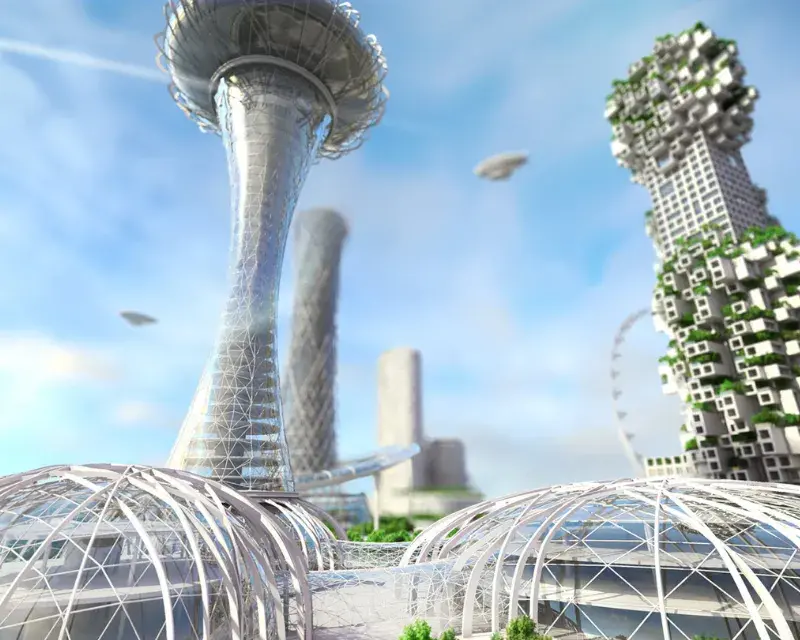As we stand on the precipice of a new era in civil engineering, it’s imperative to gaze forward and discern the emerging trends that will shape the profession. The field of civil engineering, traditionally focused on the design and construction of infrastructure, is undergoing a transformative shift. This evolution is driven by technological advancements, increasing environmental awareness, and the pressing need for sustainable solutions. In this blog, we explore the future of civil engineering, highlighting the trends that promise to redefine the way we plan, design, and construct our built environment.
Embracing Technological Innovation
Technological innovation is at the heart of the future of civil engineering. From artificial intelligence (AI) to drones and virtual reality (VR), technology is revolutionizing every aspect of the industry.
- Autonomous Construction Equipment: Autonomous vehicles and drones are transforming construction sites, enhancing safety, efficiency, and precision. These technologies enable remote operation, reducing labor costs and improving project outcomes.
- Building Information Modeling (BIM): BIM is revolutionizing the design and construction process by integrating all project stakeholders into a single digital platform. This facilitates better collaboration, reduces errors, and streamlines project management.
- Internet of Things (IoT): IoT devices embedded in infrastructure components monitor performance and detect anomalies in real-time, enabling predictive maintenance and extending the lifespan of structures.
Sustainability and Green Engineering
Sustainability is no longer a niche concern; it’s the cornerstone of future civil engineering projects. The industry is moving towards green engineering practices that prioritize environmental stewardship alongside functional requirements.
- Sustainable Materials: The use of recycled materials and bio-based alternatives is on the rise, reducing the carbon footprint of construction projects and promoting circular economy principles.
- Energy-Efficient Designs: Buildings and infrastructure are being designed to consume less energy, leveraging passive design strategies and incorporating renewable energy sources.
- Water Management: Innovative water management systems are addressing the challenges of drought and flooding, ensuring sustainable water usage and protection of aquatic ecosystems.
Climate Change Adaptation
Climate change poses unprecedented challenges to civil engineering, demanding innovative solutions to protect infrastructure from rising sea levels, increased rainfall, and extreme temperatures.
- Adaptive Infrastructure: Designing infrastructure that can adapt to changing climate conditions, such as flexible road surfaces and modular building designs, is becoming a priority.
- Natural Infrastructure: Incorporating natural elements, like wetlands and mangroves, into coastal defense strategies offers a sustainable alternative to traditional seawalls and levees.
Decentralized Systems and Smart Cities
The trend towards decentralization and smart city initiatives is reshaping the landscape of civil engineering.
- Decentralized Energy Systems: Microgrids and distributed generation technologies are empowering communities to generate and control their own power supplies, enhancing reliability and reducing reliance on centralized grids.
- Smart Infrastructure: The integration of sensors and connectivity into infrastructure enables real-time monitoring and control, optimizing resource allocation and improving service delivery.
Conclusion
The future of civil engineering is bright with opportunity, driven by a convergence of technological advancement, environmental consciousness, and societal needs. As we move forward, civil engineers will play a pivotal role in crafting a sustainable and resilient built environment. By embracing these trends, the industry is poised to deliver solutions that not only meet today’s challenges but also anticipate those of tomorrow, ensuring a prosperous and livable future for generations to come.






